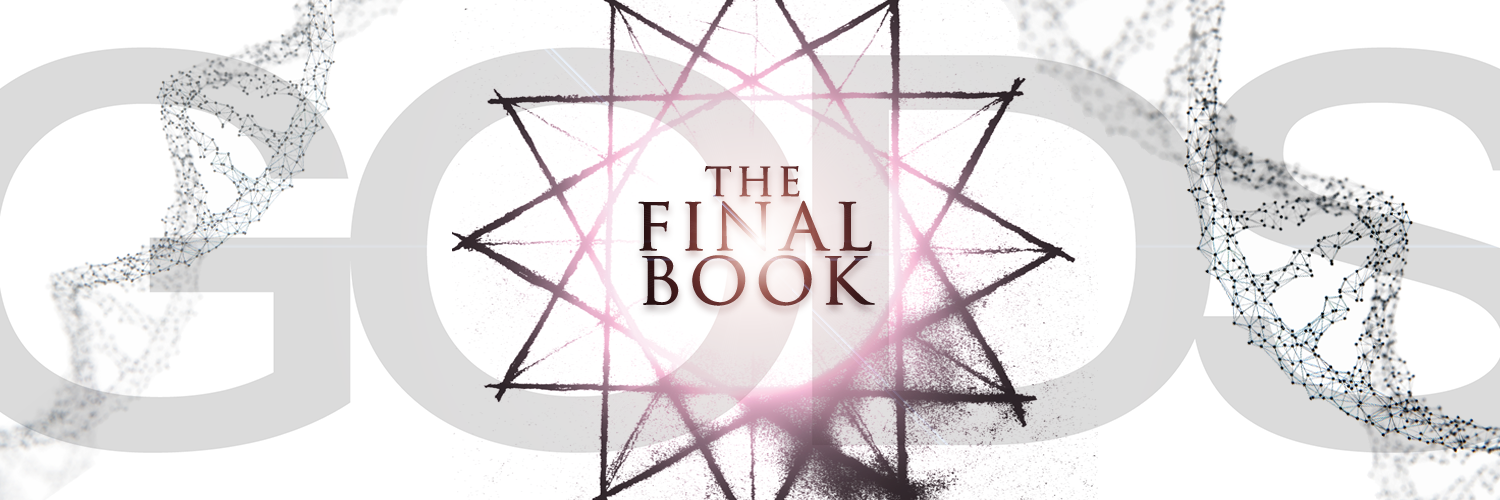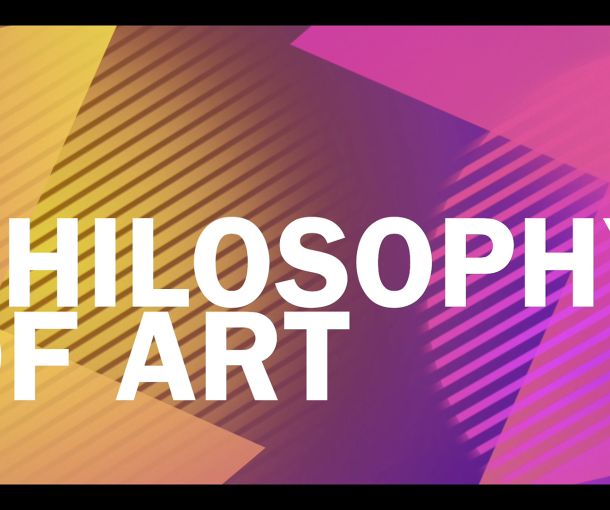
Knowledge is not an edifice built upon a foundation of indubitable facts, but an interpretative web of mutually supporting beliefs and desires being rewoven.
Friedrich Nietzsche sees the self as a multiplicity of social structure, perception, and the nature of being. One’s perception is not a simple perspective but a complex construct of physiological, psychological, and intellectual functions (Cox, 1). Sensations one experiences is not a direct reflection of the world but an interpretation of phenomena combined with dispositions, value judgements, and personal history that affect conclusions and rational. There is no single phenomena that is universally interpreted the same way; each individual’s understanding can be unique and equally as “good” or “correct” as another’s.
I particularly found Nietzsche’s perspective of knowledge interesting; it is “not an edifice built upon a foundation of indubitable facts, but an interpretative web of mutually supporting beliefs and desires being rewoven. Interpretation is the essence of life and each interpretation opens up a horizon of meaning and value” (Cox, 1, 2). I have put this same sentiment in my own words many times as explaining knowledge as glass ceilings; there is no complete knowledge of particular or universal objects or subjects, only levels of perspective. The more perspectives understood, i.e. ceilings shattered, the richer one’s understanding becomes—to the point of superb functionalism—however, complete knowledge or truth is unobtainable. For instance, a Christian may believe he fully knows God—and he’s not wrong from that standpoint; however, until he understands God from a Hindu, Muslim, Atheist, Buddhist, Jewish, (etc. etc.) perspective, he has a very narrow and incomplete conception of the Almighty.
Nietzsche’s understanding of the self demystifies dualism and posits an anti-metaphysical understanding of consciousness. Everything we know is in relation to other things, and our compiled background of experiences continually contrasts all that is interpreted. A person is the sum of his actions, however he also possesses the will to power that is capable of shaping his future self (Cox, 2). Nietzsche’s concept of self is deeply rooted within the physical body. As the natural body has struggled to persist among natural selection and contains a hierarchy of structure (neurons, cells, organs), the self reflects this struggle and has its own similar structure. The self and body are inseparable and one cannot exist without the other (Cox, 3).
Nietzsche believes there is no universal objectivity and that interpretation is complexes of evaluations that spans all existence (Cox, 4). To exist is to be accomplished, achieved, produced and constructed—and the self is something one creates.













